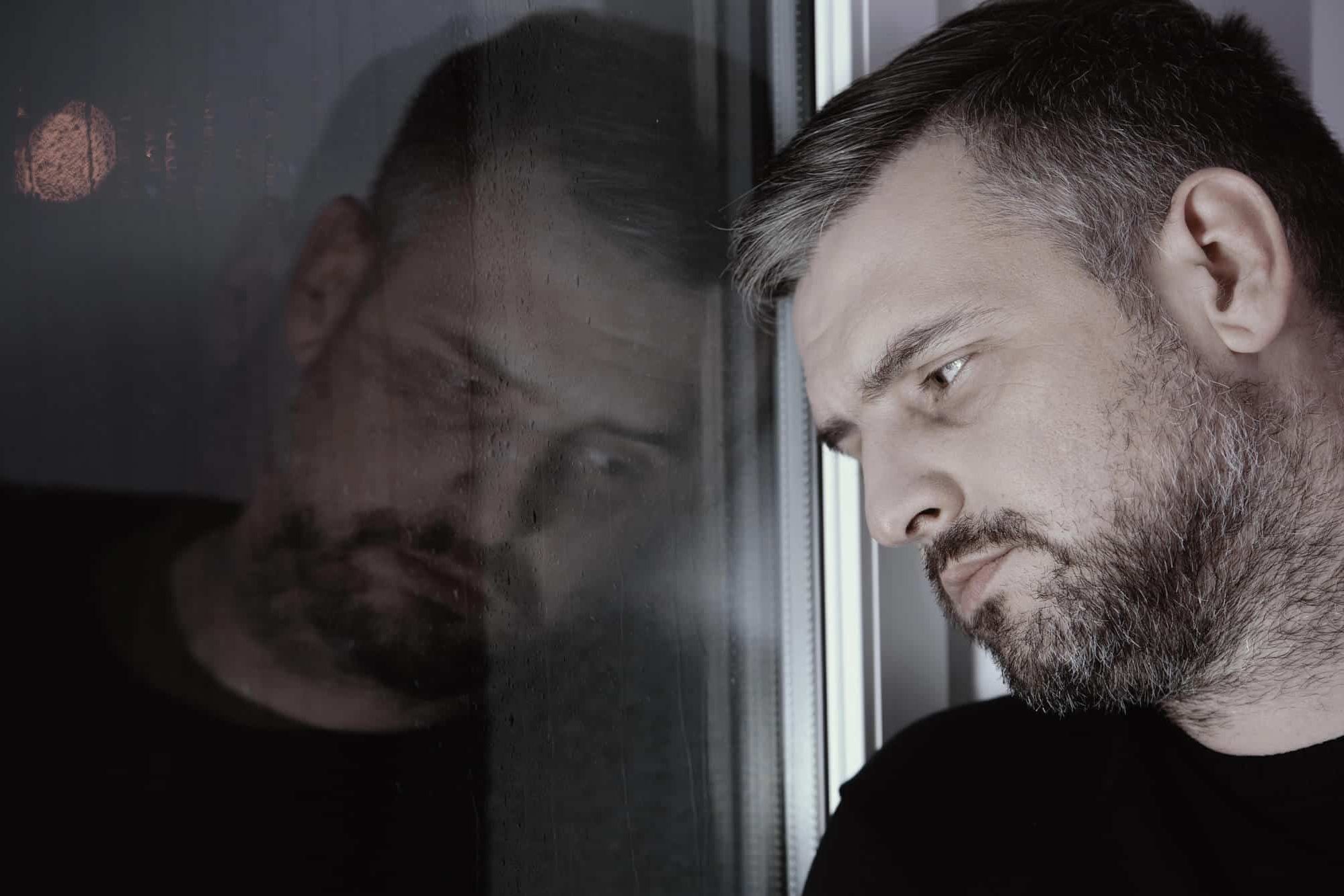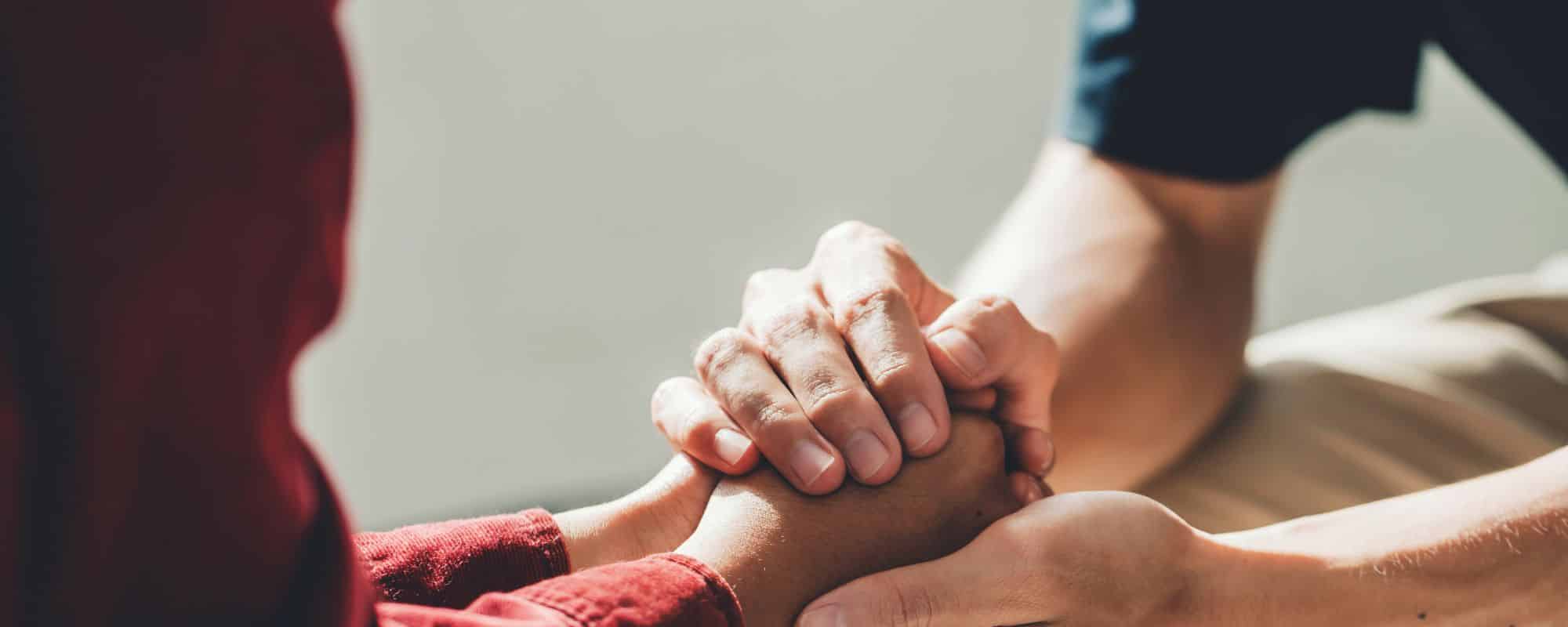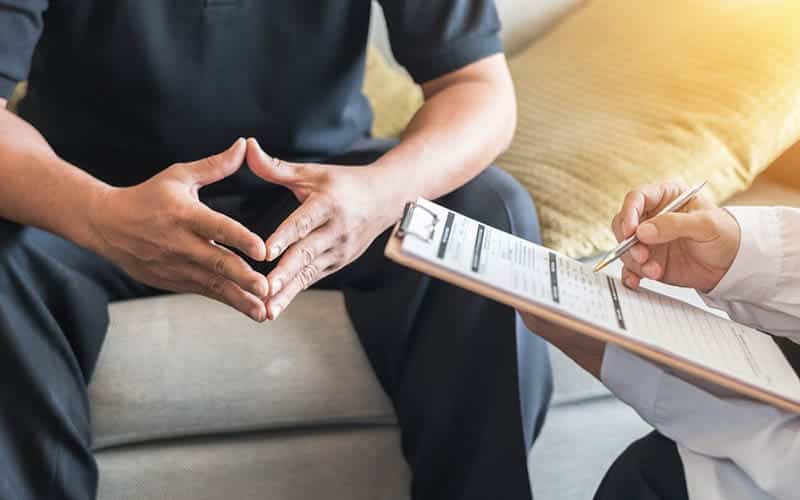If you’re struggling with depression that feels overwhelming or hard to manage, you might wonder if inpatient depression treatment can help you heal. Inpatient programs provide a safe, supportive space where you can focus fully on your recovery with around-the-clock care. This type of treatment offers personalized support, therapy, and medical care designed to stabilize symptoms and guide you toward lasting healing and hope.
What Is Depression?
Depression is a common and serious mental health condition that impacts how you feel, think, and behave. It’s more than just feeling sad or having a tough day—depression causes a lasting low mood, loss of interest in activities, and can make everyday life very difficult. Recent data shows that about 13.1% of U.S. adolescents and adults aged 12 and older have experienced depression. This number has risen from 8.2% in 2013–2014 to 13.1% in recent years. Depression is more common in females (16.0%) than males (10.1%) and tends to decrease with age, showing how widespread this condition has become.
People with depression often struggle with sleep, appetite, concentration, and may lose interest in things they once enjoyed. These symptoms usually last most of the day, nearly every day, for at least two weeks. Depression can affect anyone, regardless of age or background. The good news is that depression is treatable, and knowing when to seek inpatient treatment for depression can make a big difference.
Depressive Disorders Explained
Depressive disorders are a group of mental health conditions that cause ongoing feelings of sadness, low mood, or loss of interest, making it difficult to manage daily life. There are different types of depressive disorders, each with its own set of symptoms and characteristics. Here are some of the most common types:
- Major Depressive Disorder (MDD): This disorder involves one or more major depressive episodes lasting at least two weeks. Symptoms include deep sadness, loss of interest in activities, changes in sleep or appetite, and difficulty concentrating. These episodes can occur once or multiple times in a person’s life.
- Seasonal Affective Disorder (SAD): SAD is a type of depression that happens at certain times of the year, usually in late fall and winter. People with SAD often feel more tired, sad, or withdrawn when daylight is limited.
- Bipolar Disorder: Bipolar Disorder includes mood swings with both depressive episodes, similar to major depression, and periods of elevated mood or mania.
- Persistent Depressive Disorder (PDD): Also known as dysthymia, PDD is a long-lasting form of depression with milder symptoms than MDD but lasting for at least two years, causing ongoing low mood and low energy.
What Is Inpatient Depression Treatment?
Inpatient depression treatment involves living at a specialized facility where you receive around-the-clock care for severe or treatment-resistant depression. This type of residential depression treatment is designed for individuals who need more intensive support than outpatient care can provide. Inpatient depression treatment centers offer a structured environment with a team of mental health professionals who create personalized treatment plans. These plans often include individual and group therapy, medication management, and holistic therapies to help manage symptoms and improve overall well-being. The goal is to provide a safe space to stabilize mood, develop coping skills, and prepare for a successful transition back to daily life. Knowing when to seek inpatient treatment for depression is important, especially if symptoms are severe, suicidal thoughts occur, or outpatient treatment hasn’t worked. For those searching for depression treatment, inpatient programs offer comprehensive care that can lead to lasting recovery.
Signs Someone Needs Residential Depression Treatment
If you or a loved one is struggling with depression, certain signs may indicate the need for residential depression treatment. Recognizing these signs early can help ensure timely and effective care.
- Persistent feelings of intense sadness or hopelessness that don’t improve
- Thoughts of self-harm or suicide
- Withdrawal from friends, family, and activities once enjoyed
- Difficulty managing daily tasks like eating, sleeping, or personal hygiene
- Increased agitation, restlessness, or irritability
- Lack of progress despite outpatient therapy or medication
- Experiencing frequent mental health crises or severe mood swings
If these signs sound familiar, seeking help at an inpatient depression treatment center can provide the structured support and safety needed for recovery.
Self-Assessment: Am I Addicted?
"*" indicates required fields
Contact Us
Ready to Get Help? Get in Touch Today.
"*" indicates required fields
How Long Is Inpatient Depression Treatment?
Inpatient depression treatment length varies depending on the individual’s needs and the severity of their symptoms. Typically, stays last between 3 and 14 days for short-term stabilization and symptom management. Some patients may require longer treatment, ranging from several weeks to even months, especially if they have severe or recurrent depression. Factors influencing the length of stay include symptom severity, response to treatment, co-occurring conditions, and treatment goals. Residential depression treatment centers tailor the duration to ensure safety, stabilization, and preparation for ongoing outpatient care.
What Happens During Inpatient Treatment for Depression?
During inpatient treatment for depression, patients receive 24/7 care in a safe, structured environment focused on healing and recovery. The daily routine includes therapy sessions, medical support, and holistic activities designed to help manage symptoms and build coping skills. This comprehensive approach aims to stabilize mood, improve well-being, and prepare patients for life after treatment. Usually, inpatient treatment for depression can include the following:
- Individualized Treatment Plan: Each patient receives a personalized plan tailored to their unique symptoms, needs, and goals. The treatment team regularly adjusts the plan to ensure the best outcomes.
- Psychotherapy for Depression: Therapy options like cognitive-behavioral therapy (CBT) and dialectical behavior therapy (DBT) help patients understand and change negative thought patterns, regulate emotions, and develop healthier coping skills.
- Holistic Therapy for Depression: Complementary therapies such as yoga, art therapy, meditation, and recreational activities support emotional and physical healing, promoting overall wellness during recovery.
Professional Mental Health Treatment for Depression
Professional mental health treatment centers offer personalized care to help people manage depression and improve their lives. They provide a safe, supportive environment with tailored treatment plans that often include therapies like cognitive-behavioral therapy (CBT), medication, and group or family support with licensed depression therapists. Inpatient or residential programs allow focused recovery away from daily stress, while outpatient services support ongoing care. These centers also educate families to better understand and support their loved ones. Professional treatment promotes long-term healing and renewed hope.
Psychotherapy for Depression
Psychotherapy, also known as talk therapy, is a widely used and effective treatment for depression. It helps individuals understand their emotions, change negative thought patterns, and build healthier habits. Therapists choose different types of therapy based on each person’s needs. Some common therapies for depression include:
- Cognitive-Behavioral Therapy (CBT): CBT focuses on identifying and changing negative thoughts and behaviors that worsen depression. It teaches practical skills to manage challenges and improve mood by thinking more positively.
- Acceptance and Commitment Therapy (ACT): ACT encourages accepting difficult emotions rather than avoiding them. It helps people live in the present and take actions aligned with their values, even during tough times.
- Holistic Treatment for Depression: This approach considers the whole person—mind, body, and lifestyle. It may include therapy, yoga, meditation, exercise, nutrition, mindfulness, and social support to boost overall well-being.
- Medication for Depression: Doctors may prescribe antidepressants like SSRIs or SNRIs to help balance brain chemicals. Medication is often combined with therapy for the best results.
Depressive Disorder Treatment Near Me
When looking for depressive disorder treatment near me, it’s important to choose a licensed mental health provider with experience in treating depression. Look for professionals who offer personalized care, evidence-based therapies, and medication management if needed. A good provider should create a supportive environment and work with you to develop coping skills and long-term strategies for recovery.
If you or your loved one is struggling with depression, contact Vogue Recovery Center’s Mental Health program in Las Vegas today to start your personalized journey toward healing and hope.
Questions about treatment options?
Our admissions team is available 24/7 to listen to your story and help you get started with the next steps.
References:
- Depression
- What is Depression? – APA
- What is Depression? NIMH
- Depression – World Health Organization
- Depressive disorder (depression) – World Health Organization
- Overview – depression in adults – NHS
- Depression (major depressive disorder) – Mayo Clinic
- Depression – Cleveland Clinic
- Seasonal Affective Disorder – NIMH
- Depressive disorder (depression) – World Health Organization
- Depression – NIH [StatPearls]
- Major Depressive Disorder – NIH
- Bipolar Disorder – NIMH
- Review of dysthymia and persistent depressive disorder: history, correlates, and clinical implications – Science Direct
- [Duration of inpatient depression treatment–fair benchmarking between hospitals] – NIH
- Types of Mental Health Professionals – NAMI
Dr. Anjali Talcherkar
Latest posts by Dr. Anjali Talcherkar (see all)
- Finding the Best Rehab in Las Vegas: A Guide to Recovery Options - October 13, 2025
- How Long Does Substance Abuse Counseling Take? - June 9, 2025









